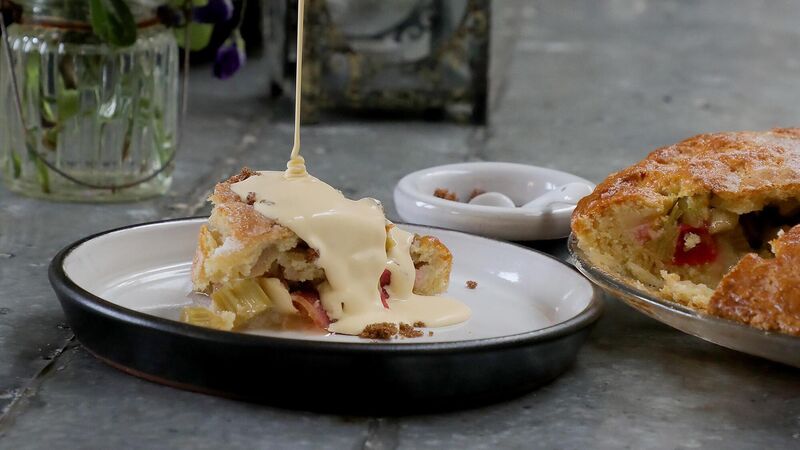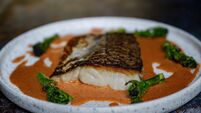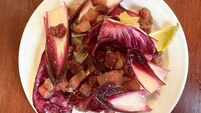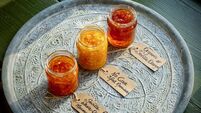Darina Allen: My recipe for a foolproof rhubarb tart and a delicious custard to pour over it

Country Rhubarb Cake - Darina's favourite rhubarb tart with custard
World Health Day is on Thursday, April 7 this year. There’s a special day for virtually everything nowadays but it’s definitely worth reflecting on the source of good health.
The reality is our health comes from the soil, from healthy living soil — not from labs, factories or anywhere else. We can certainly influence our health and wellbeing by nourishing ourselves with vital living chemical-free food rather than with ultra-processed food that we now know damages our health and, in many cases, causes disease.









